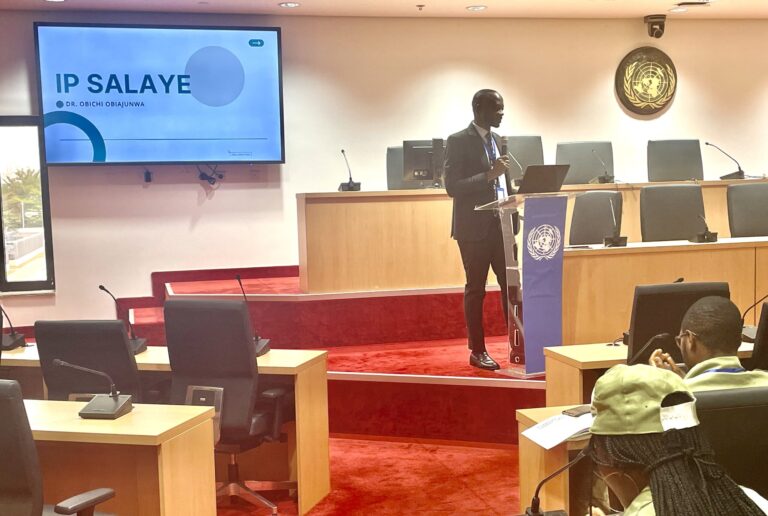Bringing groundbreaking research from the lab to the market is a journey filled with challenges, and one of the most significant obstacles is securing the necessary funding. Research commercialization requires substantial financial resources at various stages, from proof of concept to product development and market entry. Understanding the different funding sources available can make a critical difference in turning an innovative idea into a commercial success. In this post, we’ll explore the key funding sources for research commercialization and how to leverage them effectively.
- Government Grants and Programs
Government grants are one of the most common funding sources for research commercialization, especially in the early stages. Many governments recognize the importance of innovation and offer various programs to support the commercialization of academic research. These grants typically do not require repayment and can be a lifeline for researchers lacking access to other forms of capital.
- Small Business Innovation Research (SBIR) and Small Business Technology Transfer (STTR) Programs (US): These programs provide funding to small businesses working on high-risk, high-reward technologies. They offer phased support, starting with feasibility studies and progressing to full-scale R&D.
- Innovate UK: This program offers grants and loans to UK-based businesses and researchers to accelerate innovation and bring new products to market.
- European Union Horizon 2020: This program provides significant funding for research and innovation projects, with a focus on societal challenges, industrial leadership, and excellent science.
Government grants can be highly competitive, requiring a strong proposal and a clear commercialization plan. It’s crucial to carefully align your research with the objectives of the grant program and demonstrate the potential for economic impact.
- University and Institutional Funding
Many universities and research institutions have internal funding programs designed to support the commercialization of research. These funds may come from endowments, donations, or partnerships with industry. Institutional funding can be particularly valuable in the early stages of commercialization when external funding is more difficult to secure.
- Technology Transfer Offices (TTOs): Many universities have TTOs that provide seed funding, prototyping grants, or access to venture funds to help researchers commercialize their inventions.
- Innovation Hubs and Incubators: Some institutions host innovation hubs or incubators that offer funding, mentorship, and resources to researchers looking to start a company or license their technology.
University funding often comes with additional support, such as business development services, access to facilities, and networking opportunities with industry partners.
- Venture Capital and Angel Investors
As research progresses towards commercialization, the need for larger amounts of capital often arises. Venture capital (VC) and angel investors can provide the necessary funding to scale up operations, enter markets, and achieve significant milestones.
- Venture Capital: VCs typically invest in high-growth startups with the potential for significant returns. They provide not only funding but also strategic guidance, industry connections, and access to additional resources. However, VC funding often comes with the expectation of rapid growth and a clear path to exit, such as an acquisition or IPO.
- Angel Investors: Angel investors are typically individuals or groups who invest their own money in early-stage companies. They often take a more hands-on approach than VCs and may be more willing to invest in earlier-stage projects with higher risks. In return, they typically receive equity in the company.
Securing VC or angel investment requires a strong business plan, a clear value proposition, and a team capable of executing the commercialization strategy. Investors will be particularly interested in the market potential, competitive advantage, and the team’s ability to bring the product to market.
- Corporate Partnerships and Strategic Alliances
Partnering with established companies can provide both funding and market access for research commercialization. Corporations often seek innovative technologies to enhance their product lines, enter new markets, or solve existing problems. In return, they can offer financial support, technical expertise, and commercialization infrastructure.
- Corporate Venture Capital (CVC): Some large companies have venture arms that invest in startups and research projects aligned with their strategic goals. CVCs not only provide funding but also offer the potential for strategic partnerships, joint ventures, and co-development opportunities.
- Licensing Agreements: Licensing your technology to a company with the resources and expertise to bring it to market can be an effective way to commercialize research. Licensing agreements can provide upfront payments, royalties, and milestone payments as the product progresses.
Corporate partnerships require careful negotiation to ensure that the interests of both parties are aligned and that the researcher retains control over the direction of the technology.
- Crowdfunding
Crowdfunding has emerged as an alternative funding source for research commercialization, particularly for projects with a strong consumer appeal or social impact. Platforms like Kickstarter, Indiegogo, and GoFundMe allow researchers to raise small amounts of money from a large number of people, often in exchange for early access to the product or other rewards.
Crowdfunding can be a powerful way to validate market interest, build a community around your innovation, and generate publicity. However, it also requires a significant effort in marketing, communication, and fulfillment to manage backer expectations.
- Foundations and Nonprofit Organizations
Foundations and nonprofit organizations often provide funding for research commercialization, particularly in areas that align with their mission, such as healthcare, environment, or social impact. These organizations may offer grants, prizes, or low-interest loans to support projects that have the potential to make a positive difference.
- The Bill & Melinda Gates Foundation: Provides funding for innovations that address global health and development challenges.
- The Wellcome Trust: Offers funding for research projects that have the potential to improve human and animal health.
Funding from foundations and nonprofits often comes with fewer strings attached than venture capital, but it may also require that the research aligns with specific social or environmental goals.


